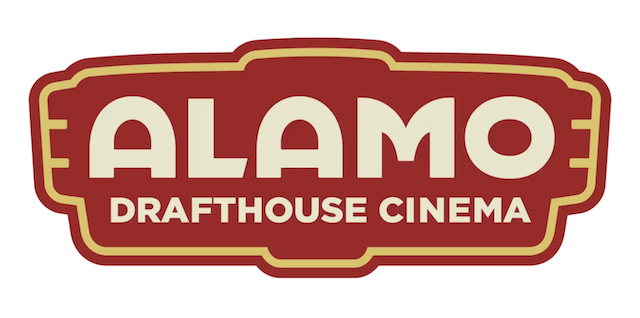
Sony Pictures Entertainment has bought the renowned theater chain Alamo Drafthouse Cinema, according to their statement Wednesday, the deal also encompasses the Fantastic Fest Film Festival.
Alamo Drafthouse was founded by Tim and Karrie League in 1997 as a single-screen theater in Austin, and it has grown to 35 locations in North America and became the seventh largest theater chain in North America, catering to over 10 million guests every year. But Alamo, like other theater chains, was severely affected by the pandemic, resulting in many venues being shut down or operating at limited capacity for months.
It declared Chapter 11 bankruptcy in March 2021 and emerged from bankruptcy within less than four months. Due to COVID shutdowns and the 2023 actors and writers strikes, Hollywood has been unable to produce many movies, which has resulted in a decrease in the theatrical box office in recent years. However, Alamo, with its loyal fan base, has fared better than its competition.
Last year, the theater chain experienced a 30% jump in box office revenue from the previous year, a much more substantial improvement than the 21% increase experienced by the industry at large.
“We are beyond thrilled to join forces with Sony Pictures Entertainment to expand our company vision to be the best damn cinema that has ever, or will ever, exist now in ways we could only ever dream of,” Alamo Drafthouse founder Tim League said in a statement. “They have a deep respect and understanding of cinema’s ability to both drive growth and create lasting cultural impact which aligns perfectly with everything Alamo Drafthouse stands for.”
For Sony, the Drafthouse acquisition is also tied into its experiences initiatives, including its Wheel of Fortune Live! Traveling tour and the Wonderverse space in Chicago. Ravi Ahuja, the president and chief operating officer of Sony Pictures Entertainment, also noted that the studio’s Crunchyroll films are particularly aligned with the interests of Drafthouse fans.
For many years, Hollywood studios could not run movie theaters and control what was played on those screens following a landmark antitrust Supreme Court case in 1948 that outlawed practices like “block booking,” in which studios required theaters to book a bundle of their films. Each of the major studios entered into a consent decree with the Department of Justice, also known as Paramount Consent Decrees which required the major studios that owned theaters at the time to either divest distribution operations or their theaters.

